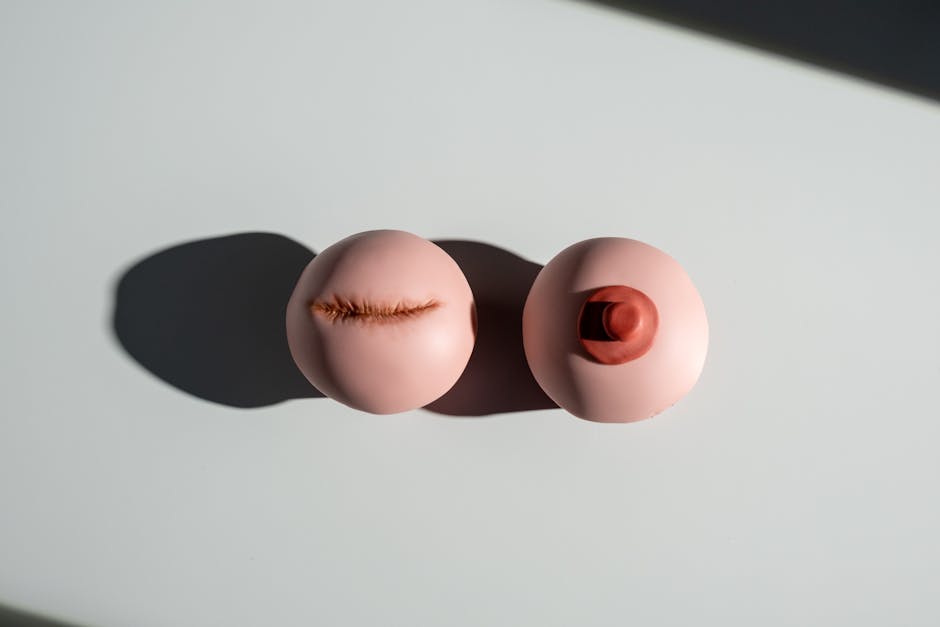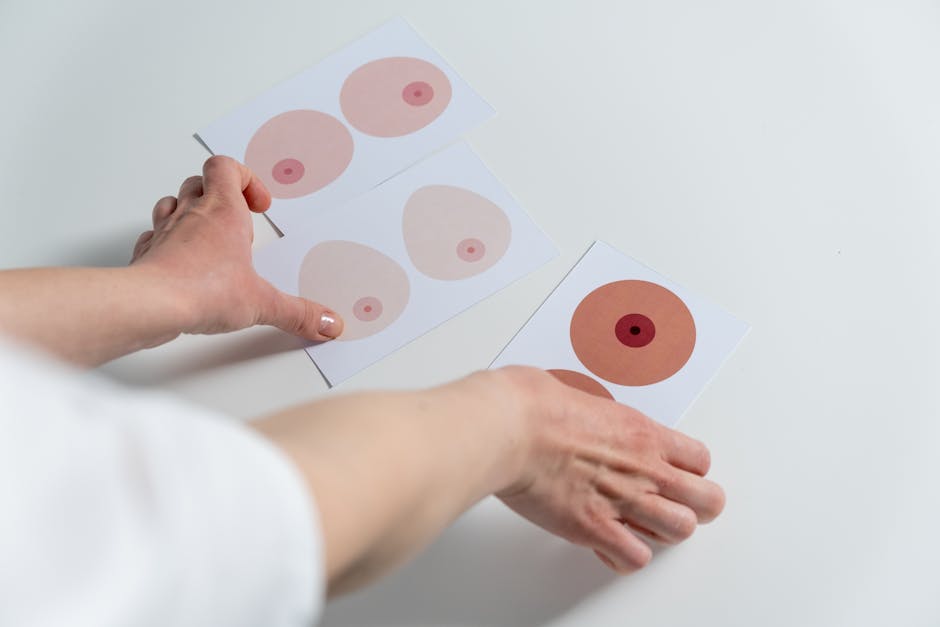Understanding LDL and HDL Medications
Have you ever wondered what LDL and HDL actually mean? And why are they so important when it comes to heart health? You’re not alone! Many people are curious about these terms, especially when their doctor mentions them during a check-up. In this article, well explore LDL and HDL medications in an easy-to-understand way. Let’s dive in!
What Are LDL and HDL?

LDL stands for Low-Density Lipoprotein. it’s often called “bad” cholesterol. Why? Because high levels of LDL can lead to heart disease. On the other hand, HDL stands for High-Density Lipoprotein, known as “good” cholesterol. HDL helps remove LDL from your bloodstream.
Think of LDL like a delivery truck that drops off packages (cholesterol) on the streets of your arteries. If too many trucks are on the road, they can cause traffic jams, leading to blockages. Meanwhile, HDL acts like a cleanup crew, picking up the leftover packages and taking them to the recycling center (the liver) where they can be broken down.
Why Do Cholesterol Levels Matter?

Your cholesterol levels impact your overall heart health. According to the American Heart Association, about 39% of adults have high cholesterol. This can lead to serious issues like heart attacks or strokes.
Monitoring LDL and HDL levels helps doctors assess your risk for these conditions. A balance is key. Ideally, you want low LDL and high HDL levels.
How Are LDL and HDL Medications Used?

Many people need medication to manage their cholesterol levels. But how do these medications work? Lets break it down.
What Are Statins?
Statins are the most common type of medication prescribed for high cholesterol. They work by blocking a substance your body needs to make cholesterol. This helps lower LDL levels.
- Examples of statins include atorvastatin (Lipitor) and simvastatin (Zocor).
- Statins can also help stabilize plaque in your arteries, reducing the risk of heart attacks.
Studies show that statins can reduce the risk of heart disease by about 25-30% in some people.
What About Other Medications?
Besides statins, there are other options:
- Ezetimibe – This medication reduces the amount of cholesterol your body absorbs from food.
- Bile acid sequestrants – These medications bind to bile acids in your gut, helping to lower LDL levels.
- PCSK9 inhibitors – These newer medications can dramatically lower LDL levels in some patients.
Each medication works in different ways, so your doctor will choose one based on your specific needs.
How Can Lifestyle Changes Help?

Medications are important, but lifestyle changes are equally crucial. What you eat and how you live can significantly affect your cholesterol levels.
What Should You Eat?
Eating heart-healthy foods can lower LDL and raise HDL. Here are some tips:
- Incorporate more fruits and vegetables into your meals.
- Choose healthy fats found in fish, nuts, and olive oil.
- Avoid trans fats and limit saturated fats in red meat and dairy.
Think of it this way: your plate is like a fuel tank for your body. Filling it with the right foods can give you the energy you need to stay healthy.
How Does Exercise Help?
Regular physical activity can boost your HDL levels. Aim for at least 150 minutes of moderate exercise each week. This could be:
- Walking briskly
- Cycling
- Swimming
Even small steps, like taking the stairs instead of the elevator, can make a difference!
Are There Any Side Effects from Medications?
Like any medication, LDL and HDL medications can have side effects. Common side effects of statins include:
- Muscle pain or weakness
- Digestive issues
- Increased blood sugar levels
It’s important to speak to your doctor about any side effects you experience. They may adjust your dosage or switch you to a different medication.
Common Misconceptions About Cholesterol Medications
Many people have misunderstandings about cholesterol. Here are a few common myths:
1. All cholesterol is bad.
Not true! HDL is good cholesterol that helps protect your heart. Balance is essential.
2. You don’t need medication if you eat healthy.
While a healthy diet is crucial, some people still need medication to manage their cholesterol levels. Genetics plays a big role too.
3. Once you start medication, you can stop worrying about cholesterol.
Not quite. Even with medication, lifestyle changes are still necessary to maintain heart health.
What Should You Discuss with Your Doctor?
If you’re concerned about your cholesterol, it’s a good idea to talk to your doctor. Here are some key questions to ask:
- What are my cholesterol levels?
- Do I need medication, or can I manage this with lifestyle changes?
- What side effects should I watch for?
Having an open conversation can help you make the best choices for your health.
Actionable Takeaways
Understanding LDL and HDL medications doesnt have to be complicated. Here are some key points to remember:
- LDL is “bad” cholesterol; HDL is “good” cholesterol.
- Medications like statins can help manage cholesterol levels.
- Lifestyle changes, such as diet and exercise, are essential for heart health.
For more information about cholesterol and heart health, check out the American Heart Association.
Take charge of your health today! Start by discussing your cholesterol with your doctor and considering lifestyle changes that could benefit you.



